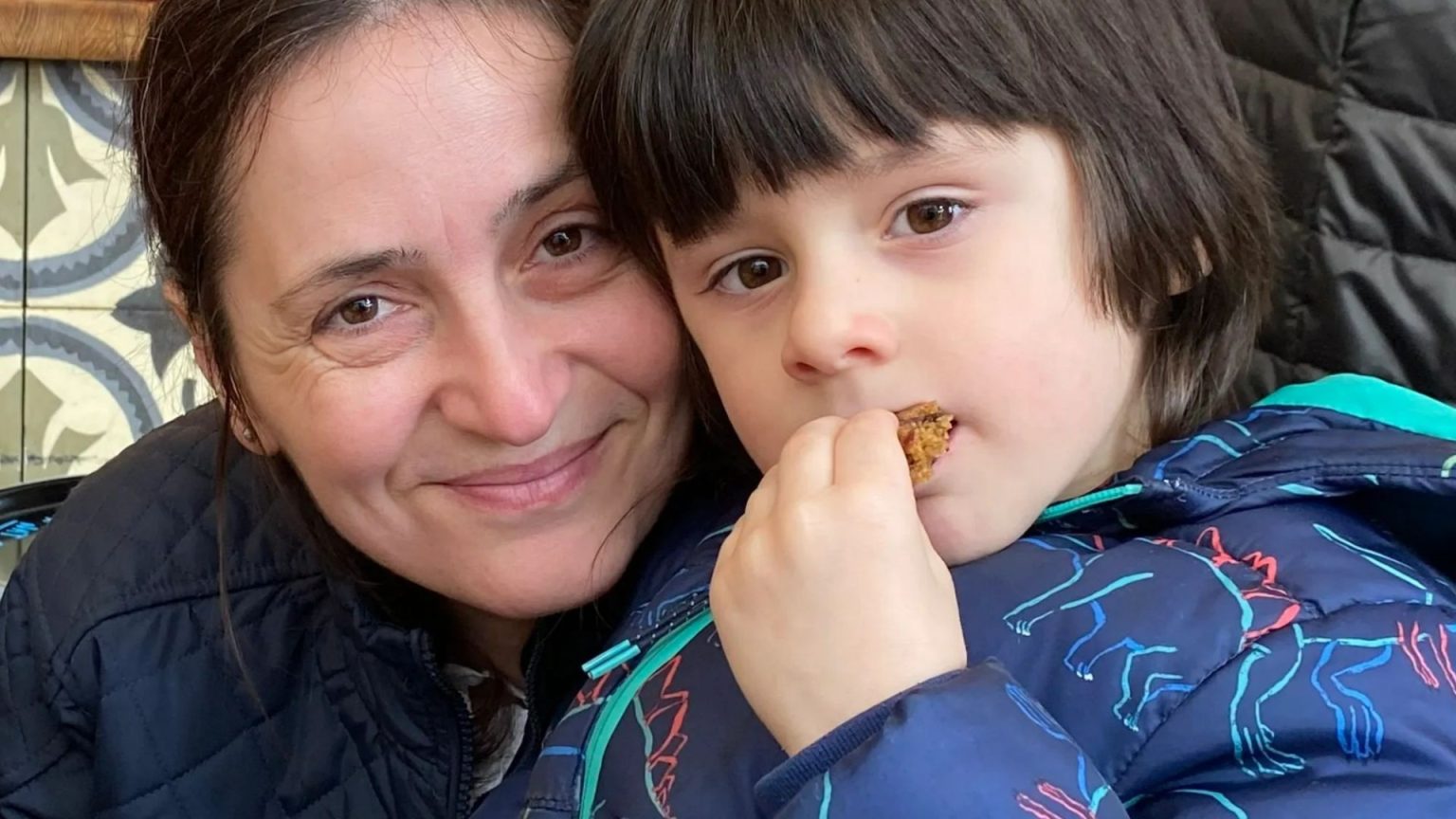The tragic death of four-year-old Daniel Klosi from sepsis at the Royal Free Hospital in Camden, London, has left his parents heartbroken and demanding answers. After multiple visits to the hospital in the week leading up to his death, Daniel’s symptoms were repeatedly missed by medical staff, leading to his parents being sent home with instructions to administer over-the-counter pain relievers. Despite their repeated concerns, the parents, Lindita Alushi and Kastriot Klosi, felt dismissed and unheard. Only after their fourth visit to the hospital, and after enduring hours in the A&E waiting room while Daniel’s condition visibly worsened, was he finally admitted. Sadly, he passed away just hours later.
An inquest into Daniel’s death revealed a series of failures in his care. Medical staff neglected to consult his previous medical records during one visit and critically, failed to order blood tests or administer intravenous antibiotics, the standard treatment for sepsis. While the coroner ruled out negligence on the part of the hospital trust, the inquest highlighted the missed opportunities to diagnose and treat Daniel’s condition. The coroner noted that Daniel, who was autistic, presented with an atypical presentation of sepsis, and attributed the missed diagnosis partly to a “lack of understanding” of how to assess the needs of a neurodivergent child. This tragic case underscores the crucial importance of recognizing and addressing the specific healthcare needs of children with autism.
The Royal Free London NHS Foundation Trust has issued a formal apology to Daniel’s parents and agreed to an undisclosed financial settlement. The hospital acknowledged the shortcomings in Daniel’s care and has pledged to implement measures to prevent similar tragedies in the future. These improvements include enhanced staff training, particularly regarding children with learning disabilities and those who make repeated visits to the emergency department. The hospital also emphasizes the paramount importance of listening to parents and carers who express concerns about their children’s health.
Daniel’s mother, Lindita, a qualified doctor herself, believes the fundamental failure was not necessarily in the individual actions of medical staff, but in the systemic disregard for their parental concerns. She emphasized that their observations and worries were repeatedly dismissed, leading to crucial delays in Daniel receiving the necessary medical attention. She hopes that lessons will be learned from this tragedy and that other parents will be empowered to advocate for their children’s health, especially when they suspect something is seriously wrong. She urges parents to persistently raise concerns with medical professionals and specifically ask about the possibility of sepsis, stressing that early intervention can be life-saving.
Sepsis, a life-threatening condition arising from the body’s overreaction to an infection, can manifest in a range of symptoms. In adults, symptoms can include confusion, slurred speech, changes in skin color, a non-fading rash, and difficulty breathing. In children, symptoms may include similar skin changes, a non-fading rash, difficulty breathing, a weak high-pitched cry, changes in responsiveness and feeding habits, and increased sleepiness. Importantly, not all symptoms may be present simultaneously, and it is crucial to seek immediate medical attention if sepsis is suspected.
This devastating case highlights the critical need for greater awareness of sepsis, both among medical professionals and the public. Early diagnosis and treatment are essential to improving the chances of survival. By sharing Daniel’s story and advocating for improved healthcare practices, his parents hope to prevent other families from enduring a similar tragedy. They believe that by raising awareness and empowering parents to advocate for their children, they can honor Daniel’s memory and contribute to a safer healthcare system for all children. The settlement and apology, while offering some solace, can never truly compensate for the loss of their beloved son. Their focus now is on ensuring that lessons are learned and that no other child suffers the same fate.


